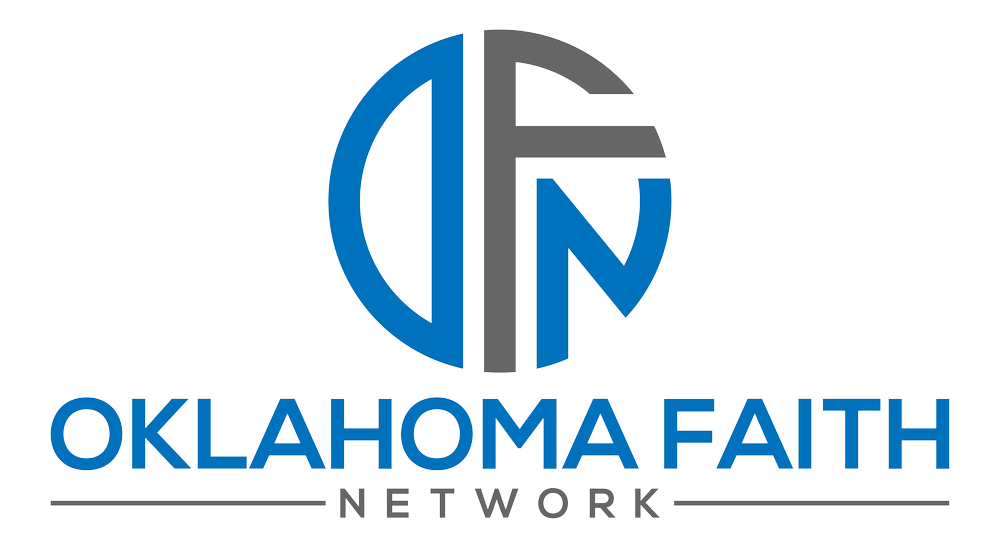Theological Statement on Health
What We Believe
Oklahoma ranks 50th among all states in the health status of its population. This statistic is the result of a complex interplay of issues. To improve the health of Oklahomans, coordination and collaboration is required among all Oklahoma citizens, all levels of government, communities of faith, not-for-profit service agencies, and the not-for-profit and for-profit health industry. Issues impacting health include:
Poverty begets poor health and poor health begets poverty. Seventeen percent of all Oklahomans live in households with incomes below the poverty level[1]; 24% of children live in poverty[2].
Poor eating habits lead to obesity and obesity leads to many serious illnesses. Coronary heart disease is the #1 cause of death in the state; stroke is the #3 cause. Oklahoma ranks sixth place among adults and fourth among teenagers using tobacco. Lung disease and lung cancer are two of the leading causes of death in Oklahoma[3].
In 2014, 15.4%[4] of Oklahomans had no health insurance, according to the U.S. Census.
Only seven counties in Oklahoma have the recommended number of primary-care physicians. Six counties have less than .5 per 10,000 patients, according to the Oklahoma State Department of Health[5].
In 2014 in Oklahoma, only 25.15% of the need for Mental Health Care Health Professional was met, 63.81% of the need for Primary Care Health Professionals was met, and 66.11% of the need for Dental Care Health Professionals was met, according to the Kaiser Family Foundation[6].
Why We Believe It
Jesus dedicated much of his ministry to making people well, from outcast lepers (Matthew 8, Luke 17) to the servant of a Roman centurion (Matt. 8:5-13, Luke 7:1-10). He was concerned about restoring wholeness to those with physical disabilities, as he did for the blind Bartimaeus (Mark 10:46-52). Jesus dealt with mental illness, still misunderstood today, with love and compassion by healing the man named Legion (Luke 8:30) and Mary of Magdala (Luke 8:2). In his description of judgment (Matt. 25:36), the author of Matthew’s Gospel makes clear that taking care of the sick is a service not only to those in need, but to Christ himself. Care of the sick was among the activities that would be recognized as righteous, while failure to care for the sick would not. The disciples of Jesus continued his ministry of healing from the very beginning of the church when it is reported Peter and John healed a lame man (Acts 3).
What We Advocate
Develop and fund services as appropriate assuring the availability of and access to adequate and affordable health, dental health, mental health, and rehabilitative services for all Oklahomans.
Develop and fund services protecting Oklahomans from financial disaster caused by health care costs.
Develop and fund services to curb the need for much more expensive remedial care necessitated from failure of patients receiving early intervention services.
Enhance and fund services that prevent the causes of poor health particularly in regard to obesity, tobacco use, suicide, dental care, injury, and infectious diseases.
Enhance and adequately fund programs that streamline health care systems.
Prioritizing and funding appropriately the preparation and recruitment of health care professionals at all levels in keeping with the current needs of the population, as well as the anticipated demands of a growing aging population.
[1] http://quickfacts.census.gov/qfd/states/40000.html)
[2] http://oica.org/wp-content/uploads/2014/11/2014-KC-Data-Book.pdf, page 9
[3] See http://www.ok.gov/health/pub/boh/state/SOSH%202014-Indicator%20Report%20Cards.pdf
[4] http://www.census.gov/content/dam/Census/library/publications/2015/demo/p60-253.pdf Table A-1 page 26
[5] http://www.ok.gov/health2/documents/Oklahoma%20Health%20Workforce%20Databook%20V2.pdf
[6] http://kff.org/state-category/providers-service-use/?state=OK

